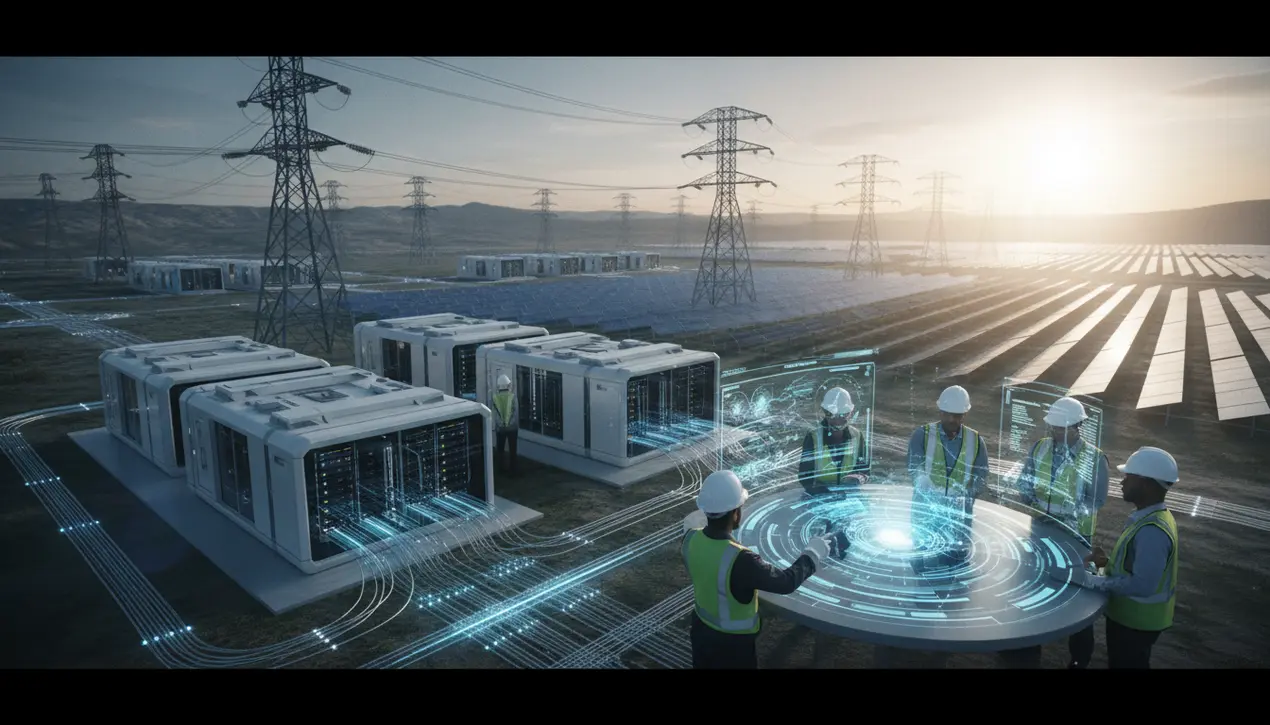
AIchips & hardwareAI Data Centers
Meta Plans Electricity Trading to Power AI Data Centers.
DA
Daniel Reed
1 hour ago7 min read
In a strategic pivot that underscores the voracious energy appetite of the artificial intelligence era, Meta is quietly positioning itself to enter the electricity trading arena. This isn't a mere operational tweak; it's a fundamental recognition that the future of AI is inextricably linked to the future of power generation.The computational demands of training and running ever-larger large language models (LLMs) and generative AI systems are staggering, pushing data center energy consumption into uncharted territory. Meta's plan to directly engage in power markets is a proactive, and some might say necessary, maneuver to secure its own destiny.By acting as a principal in electricity trading, Meta can effectively de-risk the development of new power plants—whether solar farms, wind installations, or even next-generation nuclear facilities—by providing guaranteed offtake agreements. This gives utility companies and independent power producers the financial certainty they need to secure loans and break ground, effectively accelerating the grid expansion that Meta's AI ambitions require.This move places Meta in the company of other tech behemoths like Google and Microsoft, who have also pursued various power purchase agreements (PPAs), but Meta's potential direct trading activities suggest a more aggressive, hands-on approach to shaping energy infrastructure. The implications ripple far beyond Menlo Park.For the energy sector, this represents both an opportunity and a disruption; a new, massive, and highly sophisticated player is entering a market traditionally dominated by utilities and trading houses. For policymakers and climate advocates, it raises critical questions about the environmental footprint of the AI boom.Will Meta's power quest prioritize renewable sources, or will it inadvertently prolong the life of fossil fuel plants to ensure base-load reliability during peak training cycles? The architectural design of future AI models may now be evaluated not just on parameter count or benchmark performance, but on their computational efficiency and kilowatt-hour consumption per inference. This is a classic case of technological ambition colliding with physical constraints, reminiscent of the early days of cloud computing but on a vastly larger scale.The race to artificial general intelligence (AGI) is, in many ways, becoming a race for electrons. Meta's gambit reveals that the companies leading the AI charge understand that their ultimate competitive advantage may not lie solely in a superior algorithm, but in securing a reliable, scalable, and cost-effective supply of the fundamental resource that makes it all possible: electricity.
#Meta
#electricity trading
#data centers
#AI infrastructure
#energy consumption
#power plants
#featured
Stay Informed. Act Smarter.
Get weekly highlights, major headlines, and expert insights — then put your knowledge to work in our live prediction markets.
Comments
Loading comments...
© 2025 Outpoll Service LTD. All rights reserved.